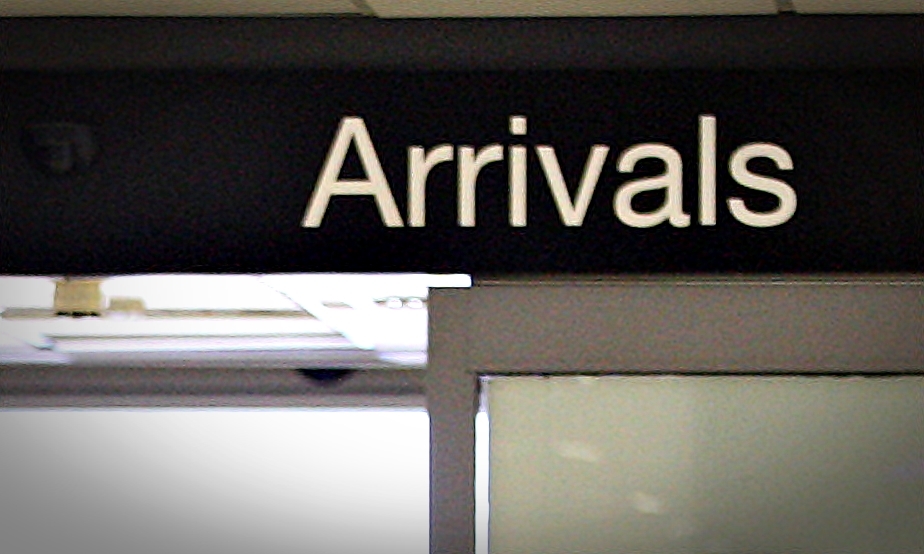Immigration to the UK has reached a record level as the inflow of EU citizens hit a historic high.
Official figures showed an estimated 650,000 people arrived in the country in the year to the end of June – the highest number recorded.
The number entering the UK over the 12 months – which mainly covers a period before the referendum as well as a week after – included a record 284,000 EU citizens.
Net migration – the overall difference between the numbers arriving and leaving the country – was at a near record level of 335,000.
It means the measure remains well above the Government’s controversial target of less than 100,000.
It was also revealed that in 2015 Romania was the most common country of last residence for the first time, making up 10% of all immigrants.
Nicola White, of the Office for National Statistics, said: “Net migration remains around record levels, but it is stable compared with recent years.
“Immigration levels are now among the highest estimates recorded – the inflow of EU citizens is also at historically high levels and similar to the inflow of non-EU citizens.”
She said it was too early to say what effect, if any, the referendum has had on long-term international migration, adding: “There does not however appear to have been any significant impact during the run-up to the vote.”
The figures revealed that work remains the most common reason for long-term immigration.
In the year ending in June, 189,000 EU citizens arrived for work – the highest estimate recorded.
Approximately 57%, or 108,000, of those reported having a definite job to go to while around 82,000 EU immigrants arrived looking for work – a record number and a “statistically significant” increase compared to the previous year.
The jump includes a rise in the number of citizens arriving to seek employment from the EU15 group of nations consisting of Austria, Belgium, Denmark, Finland, France, Germany, Greece, Italy, Luxembourg, Netherlands, Portugal, Republic of Ireland, Spain and Sweden.
Statisticians suggested the rise may in part reflect “weaker labour market conditions” in some southern EU states.
Data published on Thursday also showed:
* In the year ending June 2016, non-EU net migration was 196,000, similar to the previous year
* The number of people immigrating for more than 12 months to study was estimated to be 163,000 in total – a statistically significant reduction
* The number of National Insurance registrations in the year ending September 2016 was 629,000 for EU citizens and 195,000 for non-EU citizens, with both showing a fall from the previous year.
The net migration figures prompted fresh scrutiny of the Tories’ objective to reduce the number to five figures.
Alp Mehmet, vice-chairman of Migration Watch UK, said: “Even if net migration was brought down to 265,000 a year the UK population would still be growing at half a million a year, every year for the next ten years. That is the equivalent to another five Birmingham’s.
“This is unacceptable to most of the British public.”
Paul Nuttall said: “This is an abject failure, not just by the Government in general but by the Prime Minister in particular.”
Saira Grant, chief executive of the Joint Council for the Welfare of Immigrants, accused the Government of creating “counter-productive immigration policies designed to make life extremely uncomfortable for migrants” driven by a “fixation on the ill-judged net migration target”.
Immigration Minister Robert Goodwill said: “The British people have sent a very clear message that they want more control of immigration and we are committed to getting net migration down to sustainable levels in the tens of thousands.
“There is no consent for uncontrolled immigration, which puts pressure on schools, hospitals and public services. That is why reducing the number of migrants coming to the UK will be a key priority of our negotiations to leave the EU.
“Further to this, we continue to reform non-EU immigration routes to ensure we attract the best and brightest, who benefit and contribute to this country.
“But there is more to do as we build an immigration system that delivers the control we need.”


